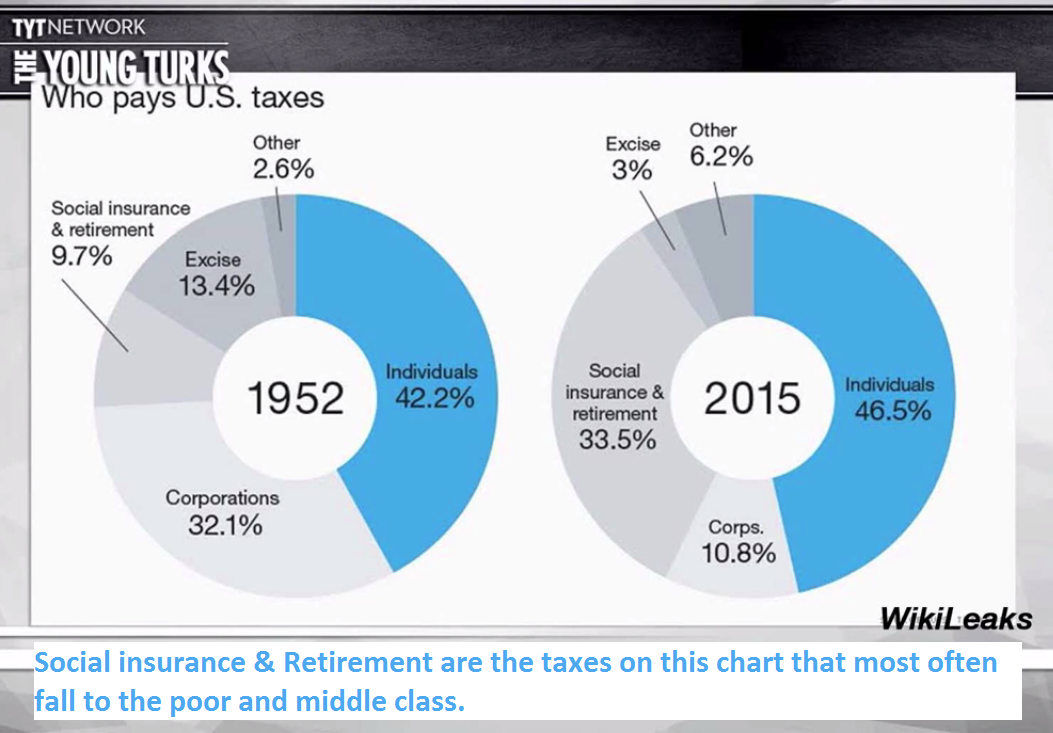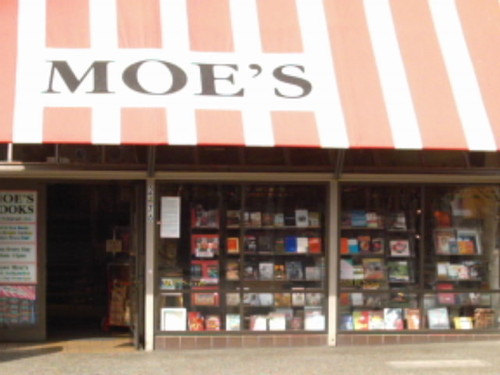It’s hard when you are nineteen or twenty-year old radical to understand how older lefties “settle down” and get pulled into the system. You swear that will never happen to you. But the system has many ways of wrapping around you, like the vines that suffocated Sleeping Beauties castle.
One of these ways is home-ownership. An absolute radical would never pay rent. They would find an abandoned building and fix it up and make it home. When the supposed “owners” come to kick you out you would wage a battle of wills and ideas. You would point out that as you are actually using and improving the land, it is truly yours, regardless of whatever piece of paper they carry that grants them the right to leave it abandoned. You would refuse to pay rent to any person because as soon as we agree that the land under your feet belongs to someone else you become a slave.
But at some point you have to pick your battles. Most folks by the age of 25 decide that they have goals beyond lengthy arrest-records for squatting. It seems difficult to imagine balancing living in a squat with pursuing your noble dreams of becoming a writer/artist/feminist lawyer/eco-terrorist. No matter how radical, most of us don’t end up living as squatters.
This leaves two options: rent or buy.
Renting is odious. It is ludicrous to pay a third to half our income to some person just to have a place to lay our weary heads. And what does this landlord do for us? They hire someone to mow the lawn, if they are decent they hire someone to fix the stove when it breaks. And otherwise, we never see them. We can at best feel sorry for those people forced to piss and sleep in the alley because they have not paid, as we have, to have access to a toilet or a shower. When a homeless woman lays down her head to sleep she is a thief because every square inch of land in the city is “owned” by a person or a state and she has not paid for her right to sleep there. If every doorway and underpass is someone’s property, it would seem that those who don’t pay have no right to exist at all. Rent is like paying a capitalist tax to let us be part of the system. No other species of animal in the universe can understand why humans would allow themselves to be beholden to other humans for shelter. But we endure it.
For this reason, I would like very much to own my own home. Of course, property has become so expensive that one cannot just outright buy it. You must make an agreement with a bank that they will buy the house for you and you will pay them off for damn near eternity. This is equally absurd. Why should one of the fundamental requirements of life be so expensive that it takes a lifetime to pay for it? If this is ethical, why not a lifetime of debt for every piece of fruit we eat? Why not charge us for the air we breathe? We like to think we would never allow such a miscarriage of justice. Yet somehow we have come to agree that having a place to stack our books and make our bed should involve a lifetime of sacrifice.
But this arrangement with the bank is preferable to renting because at some far-off point you can hypothetically own your own home, which means living in peace without the burden of rent collection hanging at your back til the day you die. Many aging radicals eventually come to this same conclusion. To achieve this coveted relationship with the bank, one must prove themselves a fine and worthy borrower through the concept of “Good Credit.”
It is insufficient to merely pay your bills. To establish Good Credit, you must have several charge cards. I did not have a charge card until I was 26 because they so terrify me. Most radicals don’t want any part of a system that makes its money off of indentured servitude of the young and naive. However, in pursuit of Good Credit, I recently received my second credit card in the mail. It came with a blank check that encouraged me to “Make a purchase I’ve been putting off,” or to “remodel one of the rooms of your home.” Because if I can’t afford that new sewing machine and granite counters in the kitchen today, surely next month I will be able to afford it plus 15% compound interest! Of course I can’t. But everyone knows that the companies make all there money from debt, those who pay are leechers on the credit system (and how strange is it that a business model is set up that holds in highest regard those that lead it to no profit at all and denigrates the group that provides their billions in wealth?).
I have decided I need a second charge card because when my sweetie recently went to apply for a home loan, the bank told him he didn’t have enough credit. He has very good credit—he uses a credit card and has never been late on any bill or payment of any kind, yet this is not enough. So it seems that to buy a home one must have a stamp of approval from not just Visa or Mastercard, but both.
The pursuit of Good Credit is just one way that well-meaning radicals become entrenched in the system. It recently occurred to me that a positive consequence of having a significant amount of money I may have to pay to Uncle Sam in taxes this year will be the opportunity to be a war tax resister. I don’t know a lot about this but it seems like a small way to make a statement. There is no risk of arrest and it is a subtle form of direct action—I don’t want Uncle Sam to spend it so I won’t give it to him. But then I was told that becoming a war tax resister would destroy my Good Credit. When the government is unable to collect the three dollars I withhold for the war tax, they will turn me over to a collection agency who will relentlessly chase me down in pursuit of that three dollars. They will notify Visa and Mastercard that I am not to be trusted. All dreams of picket fences will be dashed.
Pehaps the person who told me this was incorrect. Perhaps the government is efficient enough to ignore a debt of three dollars. To some extent, it doesn’t matter. As long as this argument is widespread, it will influence many people. There are many people who hate the war and hate the idea that they are paying the government to continue the war. But there are few people who would be willing to withhold that money if it means they may never be able to buy a home. So Uncle Sam becomes a troll at the bridge, demanding tribute so that citizens can cross the bridge into the middle-class world they were promised as part of the American Dream. We pay not because we agree but because we must, to get this other thing.
So where does that leave us? Paying our taxes, worrying about the opinion of Visa and Mastercard, buying stocks and bonds in the hope that they will produce enough money that we will somehow, some day, be able to afford something that should go without saying is part of life—shelter. May the youth forgive us.

 There’s been a lot of talk lately about the “future of publishing.” After all, books have never had as much cash to spare as the recording industry, and look at the mess they’re in. Already it is not so difficult for a self-published manuscript to sell itself on Amazon.com. What will happen when everything goes digital? The suggestion is that there will be an opening of the gates, and the latest best-seller will stand on the same virtual shelf with thirty self-published manuscripts. The optimists claim that this is where the great unpublished books will be discovered and pessimists point to the unleashed masses of poorly thought-out, half-written tomes filled with spelling errors. But it doesn’t matter if fantastic self-published books are available if they’re drowned out by countless other books vying for the consumer’s attention.
There’s been a lot of talk lately about the “future of publishing.” After all, books have never had as much cash to spare as the recording industry, and look at the mess they’re in. Already it is not so difficult for a self-published manuscript to sell itself on Amazon.com. What will happen when everything goes digital? The suggestion is that there will be an opening of the gates, and the latest best-seller will stand on the same virtual shelf with thirty self-published manuscripts. The optimists claim that this is where the great unpublished books will be discovered and pessimists point to the unleashed masses of poorly thought-out, half-written tomes filled with spelling errors. But it doesn’t matter if fantastic self-published books are available if they’re drowned out by countless other books vying for the consumer’s attention.